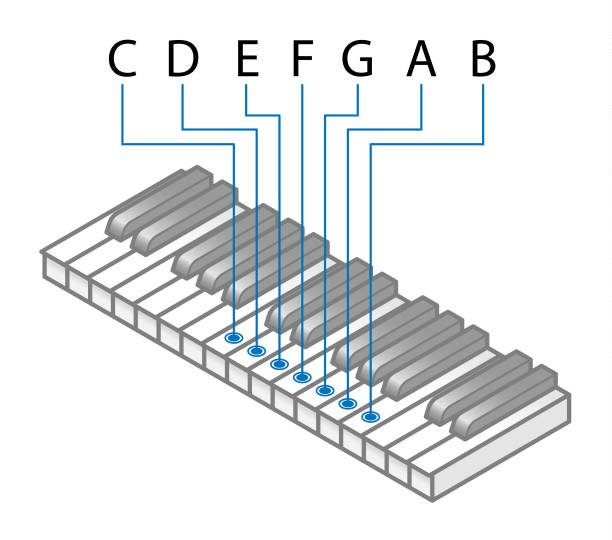Types of Scales: Diatonic

Although many, many folk songs are written in the pentatonic scales, most of the music we hear these days uses diatonic scales.
While "diatonic" is rather difficult to define, an easy way to understand it is that the notes in diatonic scales use all of the letter names consecutively. A,B,C,D,E,F,G,A, for example is a diatonic scale. So are A,B,C#,D#,E,F#,G#,A and G,A,Bb,C,D,Eb,F,G. The first and last notes of each scale have the same name and no letters were skipped or repeated in between.
The most popular diatonic scale in Western music--both classical and popular--is the Major scale. Here are some songs that use the diatonic scale:
- Joy to the World
- Marine's Hymn
- All through the Night
- Simple Gifts ('Tis a gift to be simple)
- Oh, My Darling, Clementine
- Did You Ever See a Lassie?
- Home on the Range
- Believe Me, If All those Endearing Young Charms
- Cockles and Mussels
- Sumer Is Icumen In
- The Praties They Grow Small (Famine Song)
- When Johnnie Comes Marching Home
- Shalom Chaverim
Although most of these songs are in Major, the last three are in Minor. Both Major and Minor scales are considered diatonic.
My books Introducing the Recorder and Music Theory, Exploring the Recorder and Music Theory, and Music Theory for Choral Singers use these and many other diatonic songs.
Next post: Types of Scales on the keyboard